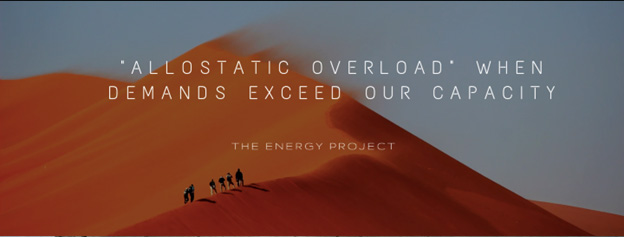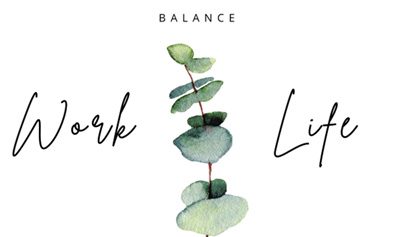What pace are you keeping up with: the company’s pace, or your family’s pace?
I attended a leadership conference where the topic of the leader´s pace was discussed. In an increasingly fast-paced world, we’ve bought into the idea that the faster we run, the more successful we’ll be. But at what cost?

Burnout is affecting more and more people every day, and it’s no surprise. Every day, we have more things to accomplish; we need to move faster to theoretically ensure sustained growth. But these races lead us to not being able to take breaks between meetings, to having to inhale our food, and if it’s fast, even better because we have no time, to sleeping poorly and for few hours. It’s in this “allostatic overload,” when demands exceed our capacity, that we create this perfect storm, and the body weakens. And we don’t need weakened leaders, burned out, or worse, sick or absent.
The speaker made an analogy with a drum kit because all aspects of our lives move at different rhythms. Imagine one hand playing quickly to the rhythm needed by the company, the other hand playing at a slower rhythm, that of your young children, and your foot playing the bass drum to the rhythm your cardiologist requires of you. The sound is jarring, disorderly, and ends up annoying us to desperation. That’s what’s happening in our lives. What if we adopt a rhythm that fits all aspects of our lives? Now think of a drummer playing the different parts of the drum kit, with diverse requirements, but in harmony, a rhythm that we can really sustain in the long term. That’s the right rhythm that allows us to be present, and remember that the present is a gift.
The speaker said, “Success is not where you get to, but how you get there.” Let’s think for a moment about how we imagine reaching that goal we’ve set for ourselves? Or how we want to have a successful life? Financial success but sick and unable to enjoy it all? Professional success but with a divided family? Within the culture of companies, if the individual is truly considered the most important and valued asset the company has, it is imperative to include processes, actions, and cross-cutting decision-making that pave the way for people to find that rhythm in their lives. For example, being able to end the workday on time, cancelling all email reception after leaving the office, or being able to go on vacation and not coming back to an endless mountain of emails in their inbox. Having established times for breaks (snack time mid-morning and mid-afternoon are perfect excuses for taking that break), in short, encouraging employees to have limits on their working hours, and promoting family time, time for hobbies, time for rest and recovery, etc.
Running is overrated because running leads us to exhaustion that ends up affecting all areas of our lives. Taking strides (the speaker defines a stride as: walking with big and decisive steps in a specific direction) turns out to be more efficient than pretending to run at the same pace and endure long distances. When we take strides, we endure more and perhaps go further, we get less tired, and we can take care of our physical health and our emotional health, while also taking care of our family, setting an example, and leading them with love.
Blogs
Work-Life Balance vs. Life-Work Balance
Work-Life Balance vs. Life-Work BalanceMuch has been said about work-life balance, and more recently, about life-work integration, seeing how we provide our employees with the tools to take care of their health and well-being.I continue to advocate for what Sir...
Mental Health
Mental HealthHave you ever been in subway stations during rush hours? In any city in the world, it's a literal wrestling struggle to get onto the next train car.Who wins? The physically strongest, perhaps. The most patient ones who wait leaning against the opposite...
Your Health 401(k)
Your Health 401(k)Are you familiar with what 401(k) represents? It is a type of employer-sponsored retirement plan in the United States that allows employees to reserve a portion of their pre-tax wages for retirement.For days now, I've been pondering this concept, but...
Wellbeing Trends for 2024
Wellbeing Trends for 2024November is typically a month when companies plan for the following year, therefore, it's an ideal time to open the conversation about the well-being of individuals within the workplace environment.Four years into the pandemic, there are still...




